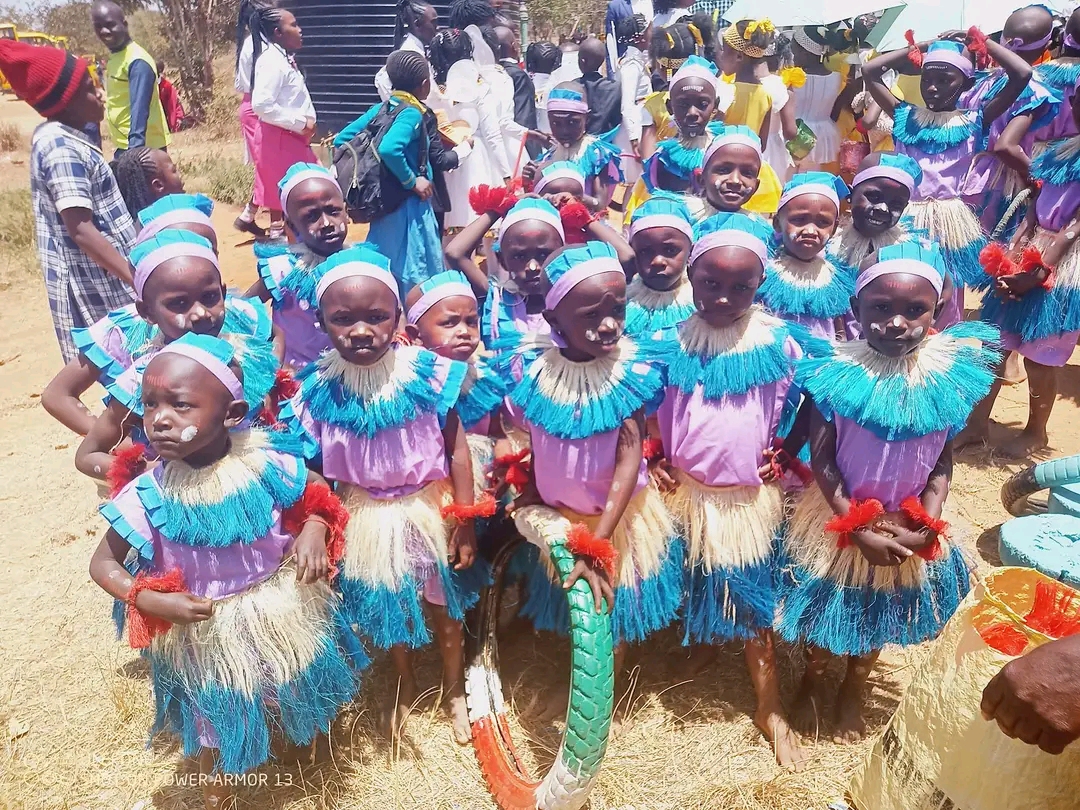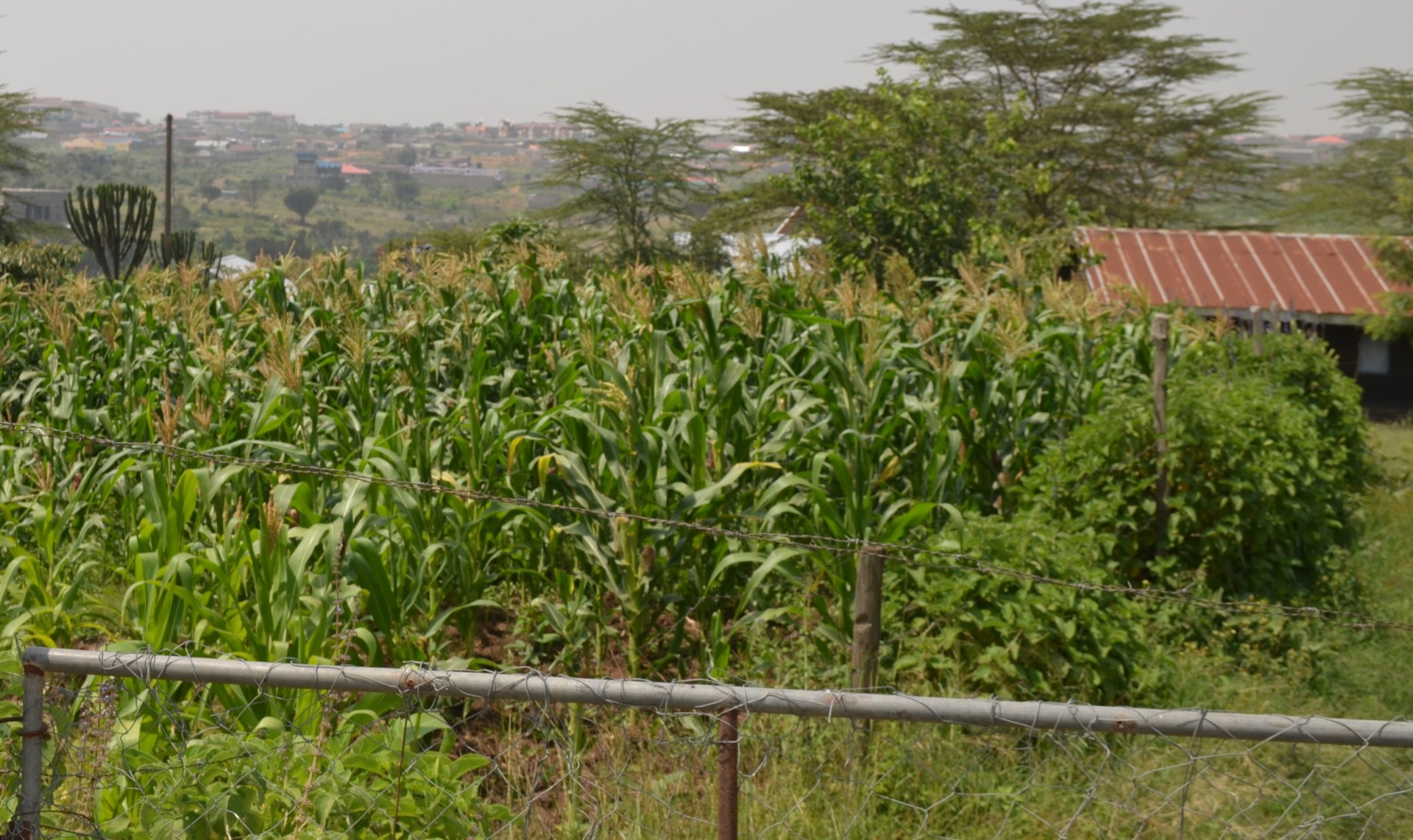The drought situation in Arid and Semi-Arid counties (ASALs) still remains critical with about 4.35 million people facing famine, Cabinet Secretary (CS) for East African community, the ASALs and Regional Development Ms Rebecca Miano has said.
According to a press statement released on Wednesday, despite the short rains, in 13 ASALs counties, the drought situation remained unchanged apart from Laikipia which improved slightly.
“During the reporting month, only the county of Laikipia slightly improved to alert phase leaving counties of Taita Taveta, Isiolo, Kilifi, Kwale, Samburu, Turkana, Wajir, Kitui, Kajaido, Mandera, Garissa, Tana River and Marsabit in alarm drought phase,” said the CS.
Ms Miano pointed out that three counties namely Baringo, West Pokot and Lamu are in normal drought phase and seven others including Narok, Tharaka Nithi, Makueni, Nyeri, Meru, Laikipia are under the alert phase. The CS however noted that the situation is short lived as the country heads into January-March dry spell.
The CS assured Kenyans that the government with support from development partners, UN Agencies, state and non-state actors had scaled up targeted response interventions to reach out to the most vulnerable in the country.
“Through the flash appeal by the UN Agencies and efforts by the National Steering committee on drought response, the government and partners have been able to raise funds to scale up operations in ASALs and to other pockets of non-ASALs counties equally affected by drought,” she said.
Ms Miano revealed that both national and county governments spent more than Sh16 billion while development partners had contributed Sh47 billion on the drought response.
Ms Miano noted the government continues to monitor the performance of the short rain season to establish the extent to which the season is impacting Kenyans and the recovery rate.
Malnourished children aged 5-59 months and pregnant or lactating women in ASALs counties stand at 942,000 and 134,000 cases respectively.

